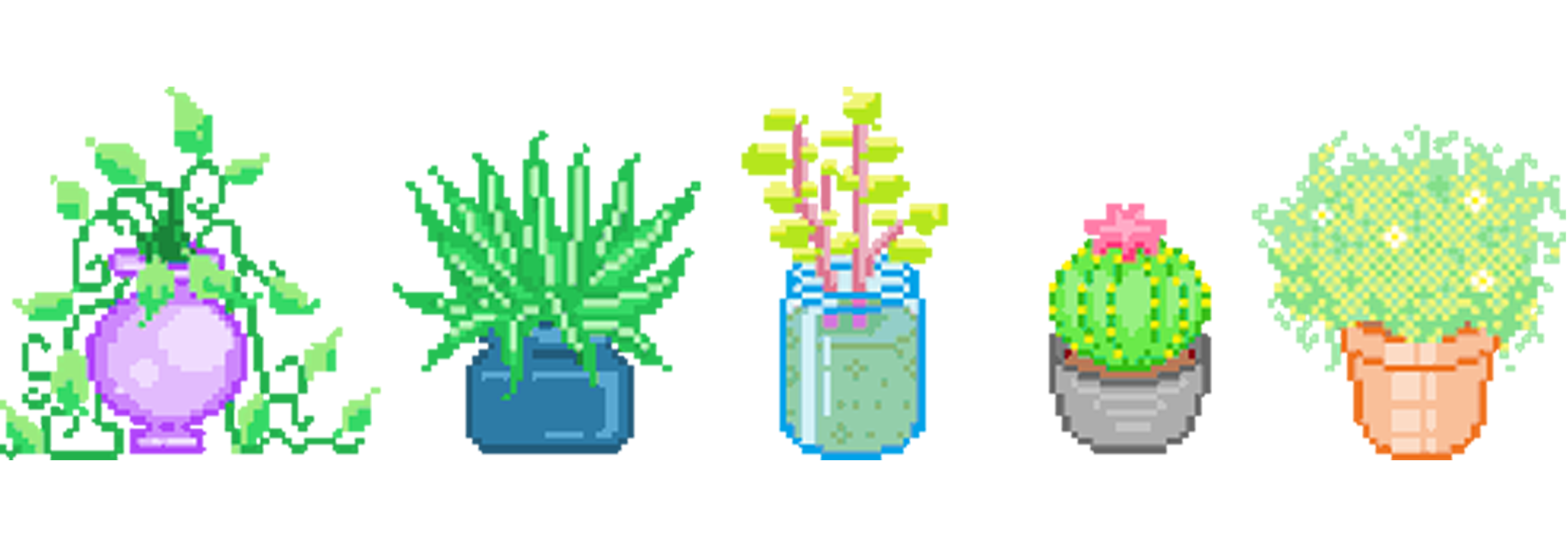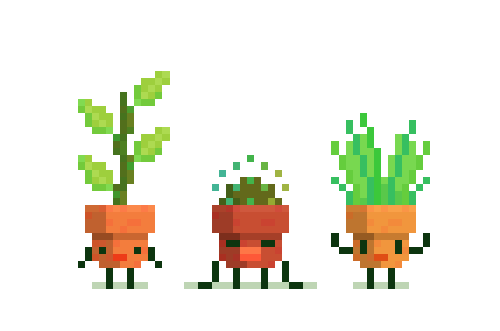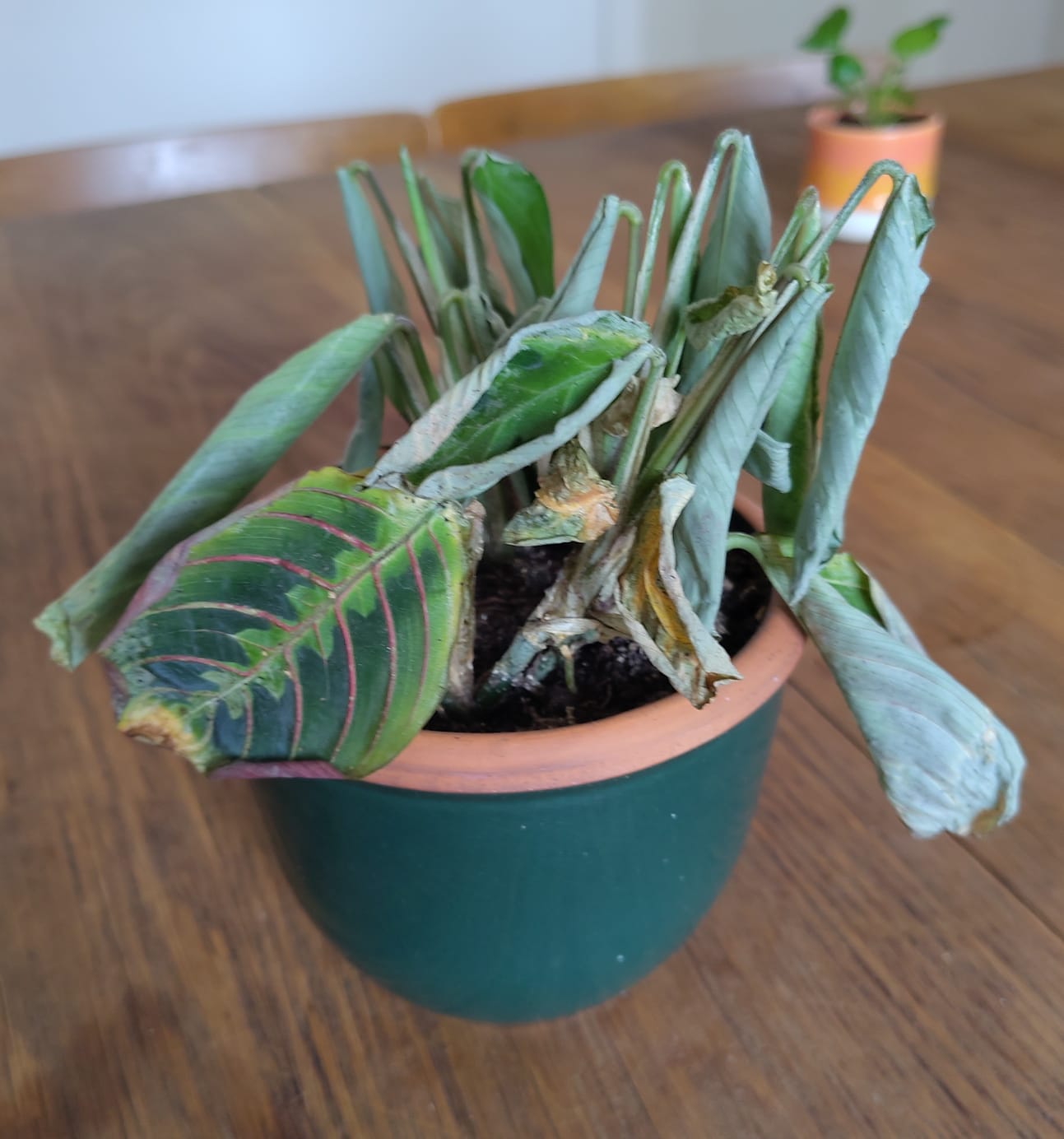this post was submitted on 10 Sep 2024
86 points (100.0% liked)
Houseplants
4575 readers
45 users here now
Welcome to /c/houseplants @ Mander.xyz!
In between life, we garden.

About
We're a warm and informative space for plant enthusiasts to connect, learn, and flourish together. Dive into discussions on care, propagation, and styling, while embracing eco-friendly practices. Join us in nurturing growth and finding serenity through the extraordinary world of houseplants.
Need an ID on your green friends? Check out: !plantid@mander.xyz
Get involved in Citizen Science: Add your photo here to help build a database of plants across the entire planet. This database is used by non-profits, academia, and the sciences to promote biodiversity, learning and rewilding.
Rules
- Don't throw mud. Be kind and remember the human.
- Keep it rooted (on topic).
- No spam.

Resources
Recommendations
Health
Identification
- PlantNet.org (see also: !plantid@mander.xyz)
- Seek from iNaturalist
Light Information
- GrowLightMeter
- PlantLightDB
- HouseplantJournal (Scroll down.)
Databases
- Catalogue of Life
- Perenual.com
- The Garden.org Plants Database
- Useful Tropical Plants (Interactive Database Version)
- WorldFloraOnline
- USA-NPN
- Tom Clothier's Garden Walk and Talk
- Plants for a Future
- USDA Datasets
- Permapeople.org
- Temperature Climate Permaculture: Plant Index
- Natural Capital Plant Database
- Colorado Plant Database
- SEINet
- North American Ethnobotany Database
- BCSS Field No. Lookup (collection site IDs for cacti and succulents)
- U Michigan Native Plant Database for Michigan by Region
FOSS Tools
- Common House Plants API
- HappyPlants (Monitoring App)
- PlantGeek (Care Info App)
Similar Communities
DM us to add yours! :)
General
Gardening
- !balconygardening@slrpnk.net
- !gardening@mander.xyz
- !nativeplantgardening@mander.xyz
- !gardening@lemmy.ml
- !gardening@midwest.social
- !permaculture@lemmy.world
- !tropical_plants@mander.xyz
Species
Regional
Science
Sister Communities
Science and Research
Biology and Life Sciences
- !anthropology@mander.xyz
- !biodiversity@mander.xyz
- !palaeoecology@mander.xyz
- !palaeontology@mander.xyz
Plants & Gardening
Physical Sciences
Humanities and Social Sciences
Memes

founded 2 years ago
MODERATORS
you are viewing a single comment's thread
view the rest of the comments
view the rest of the comments

You might have success with the orchid process.
It's common to water Phalaenopsis and many other kinds of orchids by putting 3 or 4 ice cubes in their soil once a week. For plants that require constant moist soil, you can water the plant to the right amount, and then maintain with an ice cube or two a day, adding more or less as the ambient humidity changes through the season. If you're like me, it's easier to get into the habit of "drop an ice cube on the plant" once a day than "check and water 6 tbsp every 3." Ice cubes are great for orchids because most thrive in cool yet high humidity environments.
If you're not opposed to spending a little money, there are planters made specifically for plants like this: made of a porous material like terracotta and fit inside a larger container which you full with water (that one is nice because you can see the water level, but they come in all styles). The soil absorbs moisture through osmosis and is self-regulating, and you need only ensure there's always water in the container.
A planter is the easiest solution to maintaining the right moisture, but the ice cube method is free and provides a little higher local humidity for the plant. It also lowers the local temperature of the plant, which is perfect for orchids but may not be ideal for this one.
That's a great trick, thanks!
Some people have mentioned elsewhere that this specific plant might have trouble with cold temperatures, so I think I might be a bit careful about giving it ice cubes. But I'll keep it in mind, and consider trying it if I find myself struggling to hit a good balance!